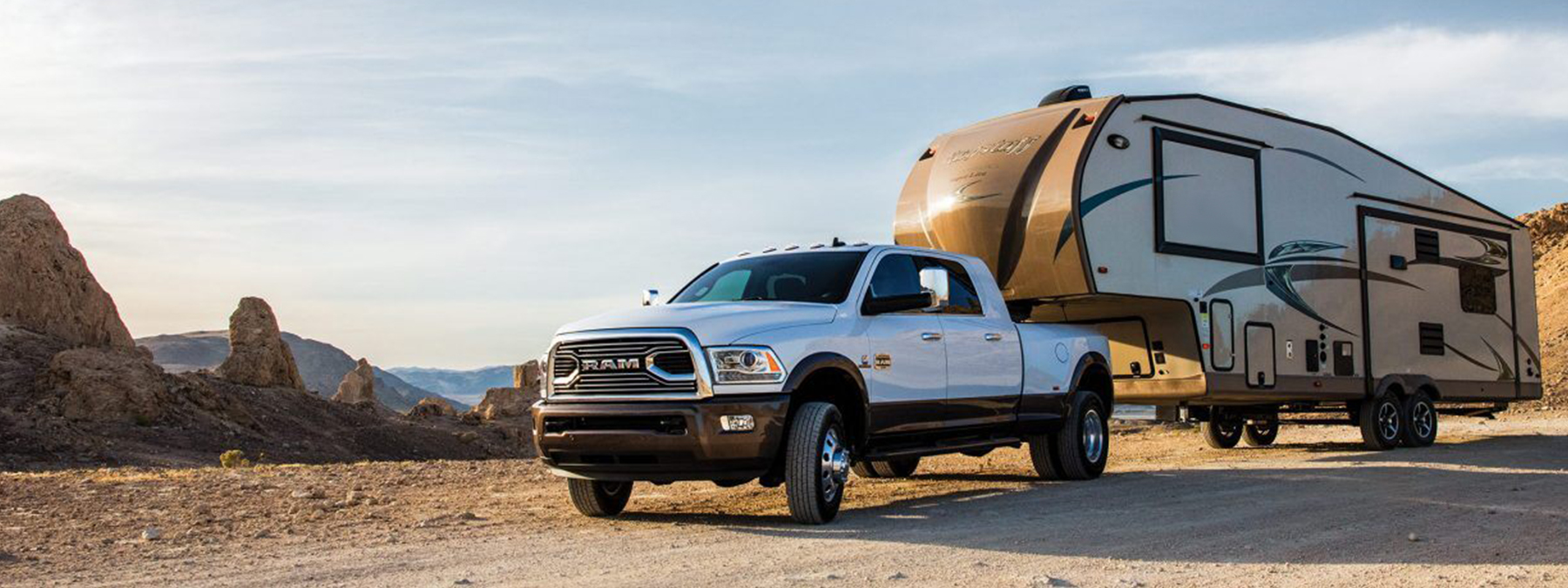Whether you need a vehicle that can take a trailer load down to the dump, or a heavy-duty ute to tow your boat, it’s important you do your research beforehand. There are several important factors and specifications to consider when choosing a vehicle for towing.
1. Towing capacity
The key detail that should inform your choice of vehicle is its towing capacity. However, it’s not quite as simple as reading the manufacturer’s listed capacity, as these advertised figures are not an accurate representation of everyday towing capacity. Due to this, you should reduce the maximum capacity by around 25% when calculating the suitability of a vehicle.
You should consider your vehicle and trailer as a package, as they form a working unit. There are several factors to think of, such as the additional load added to the base weight of your trailer or caravan by passengers and equipment. Calculating the likely weight of your trailer along with your gear and passengers will ensure you don’t cause long term damage to your vehicle by exceeding it’s towing capacity.
Some varieties of dual-cab utes and all-terrain four-wheel-drive wagons offer good towing capacities of up to 3.5 tonnes. Many of the more common SUV’s on the market provide 1.5-2 tonnes of towing capacity, and cars are generally able to tow a considerably lower weight.
2. Vehicle Durability
When choosing a suitable vehicle for towing it’s also important to consider the long-term effects that heavy towing will have on its condition. A light passenger car will be fine for occasional towing, but if you’re looking for more frequent use you should consider a more powerful option.
Sticking to the suggested towing capacity of the vehicle is key to ensuring your trailer load doesn’t put excessive stress on its parts. In particular, the clutch and transmission are likely to receive significant wear if you are running above the vehicle’s limits for extended periods.
Towing is considered as ‘severe use’ by many auto-manufacturers, so following their maintenance schedules will help you keep your vehicle in good working condition. Keep in mind that parts like tyres and brake pads are likely to wear out quicker when used in towing.
3. Versatility
Although a four-wheel-drive may seem like the ideal option for towing purposes, considering your everyday car usage is important for making a well-informed decision. Factors such as parking difficulty, fuel consumption and increased maintenance costs will help determine whether a heavy-duty vehicle is versatile enough to suit your lifestyle.
It’s also important to start, not with the tow vehicle you’re considering, but what you want to tow. In other words, make sure the vehicle is suitable for the trailer, caravan or boat that you already own. Then, before buying the vehicle, take it for a test drive with your trailer, boat or caravan hitched. And consider how much stuff you’d still need to pack into your car for your trip.
4. Rear-wheel drive vs front-wheel drive vs all-wheel drive
Almost all vehicles can tow in some capacity if their towing capacity recommendations are followed. Your choice should be informed by the nature of the towing you plan to do.
Front-wheel drives can be more sensitive to poor trailer loading than other drive configurations. And, while all-wheel-drive vehicles tend to be better with traction and road-holding than their two-wheel-drive counterparts, you’ll likely end up paying more for fuel and maintenance.
Trailer manufacturer Al-Ko suggests going for a four-wheel-drive vehicle if you plan to tow a trailer in any off-road areas. The same goes for those towing boat trailers, as the often slippery boat ramps need the power of a four-wheel drive.
